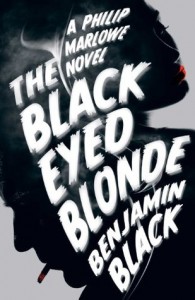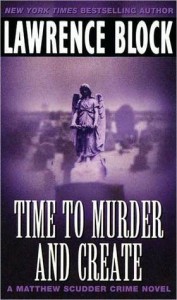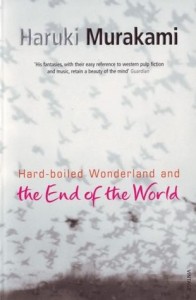 Title: The Seven Madmen (Goodreads)
Title: The Seven Madmen (Goodreads)
Author: Roberto Arlt
Translator: Nick Caistor
Published: Serpent's Tail, 1929
Pages: 323
Genres: Classic
My Copy: Paperback
Buy: Amazon, Book Depository, Kindle, Wordery (or visit your local Indie bookstore)
Remo Erdosain is a typical middle-class man; that is until he finds himself going down the rabbit hole of conspiracies. The mysteries surrounding The Astrologer finds Erdosain going from a recently unemployed accounting clerk to a follower of a political fanatic. Under the charismatic sway of The Astrologer, The Seven Madmen follows the downwards spiral of Remo Erdosain, a path that could be fatal for the people of Buenos Aires.
One thing that really stuck out with this novel is the way Roberto Arlt wrote the character of The Astrologer. He could be a fanatic religious leader, a socialist revolutionary or just a fascist. No matter how you view this character, his vile thoughts are harmful to both Remo Erdosain and others. This opens the book to explore extremist behaviour without making a political stand. The political turmoil that has rocked Argentina during this time, lead to dangerous ideas from multiply parties or factions and I thought The Seven Madmen brilliantly explores the destructive nature without picking a side.
Written as an existential novel, The Seven Madmen is a realistic depiction of the social issues facing Argentina during the early twentieth century. While this is an early example of magical realism, using fantastical elements to explore myth and reality, the novel became a prophetic depiction of the cycle of violence that would plague the country for the rest of the twentieth century. The novel remains a modern classic today because of its ability to depict the political turmoil but also because it still remains relevant today. If this is not enough to convince you, this is probably one of the best apocalyptic novels I have read in a long time.
However The Seven Madmen is not a full novel, it is only the beginning. Still waiting for the second half of the story The Flamethrowers to be published into English. Fortunately The Seven Madmen does stand on its own. There is so much to explore in this book, and I will probably re-read it again before reading The Flamethrowers. There is so much to explore and with a little more knowledge about Argentinian history, this book just continues to open up. I love the political and economic turmoil in the novel and thankfully the afterword by Roberto Bolaño helped to understand so much more (seriously more publishers need to switch to an afterword instead of an introduction). Roberto Arlt has that 1920s style of written that reminds me of the great pulp writers like Raymond Chandler and James M. Cain, which only served to add to my enjoyment of this book. Seriously, this is a must read.

 Title: The Big Lebowski
Title: The Big Lebowski

 Title: Double Indemnity (
Title: Double Indemnity ( Title: The Black-Eyed Blonde (
Title: The Black-Eyed Blonde ( Title: Time to Murder and Create (
Title: Time to Murder and Create (


 Title: The Last Good Kiss (
Title: The Last Good Kiss ( Title: Hard-Boiled Wonderland and the End of the World (
Title: Hard-Boiled Wonderland and the End of the World (